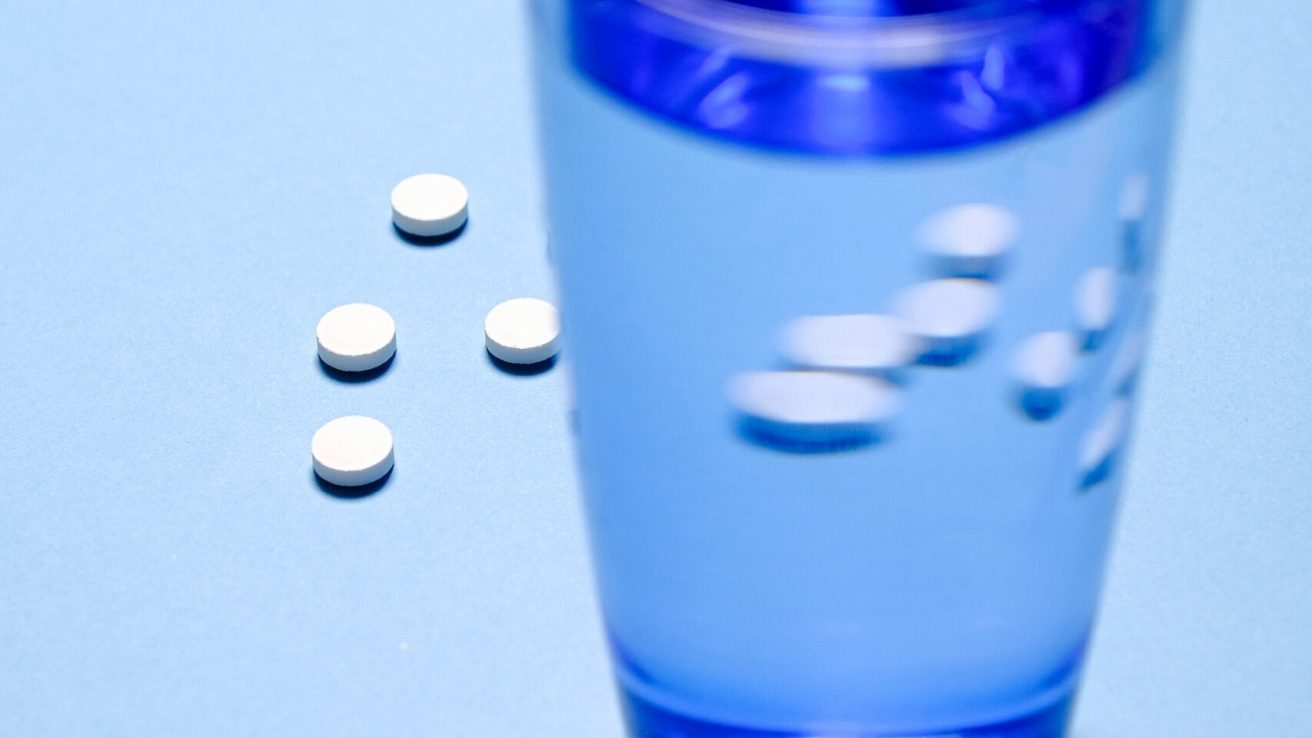Janus kinase inhibitors are a novel form of treatment for atopic dermatitis and can be administered topically or systemically. This study focuses on a meta-analysis of topical use.
Among the main contributing factors to the pathophysiology of atopic dermatitis (AD) is the dysregulation of innate and adaptive immune systems. Janus kinase inhibitors (JAKi) reduce the production of pro-inflammatory cytokines, and as a result, are a promising potential novel treatment option for AD. They target proteins in the janus kinase signal transducer and activator of transcription pathway (JAK-STAT) and can be used orally or topically to inhibit this pathway and decrease the production of cytokines. The number of JAKi and their indications are expanding quickly. This study, published in Experimental Dermatology, serves as a summary of research on the efficacy and safety of topical JAKi for the treatment of AD in both children and adults.
Understanding The Effects of JAKi: What the Data Show
A systematic search was conducted in various databases, with a total of 1784 publications found. These were then screened based on several criteria, including whether or not they include both pediatric and adult data, topical JAKi use, clinical trials, and more. Data extraction and bias assessment were then conducted. Data related to a variety of specific treatments are described in detail, including topical delgocitinib, topical tofacitinib, topical ruxolitinib, topical cerdulatinib, and topical ifidancitinib. Various indices were used to evaluate AD post-treatment with topical JAKi. Safety profiles were generally acceptable, with no reported serious adverse effects.
Safe and Effective, but More Data Needed
Among the different indices used, topical JAKi significantly improved EASI, PGA, pruritus-NRS score, BSA, and pain compared to placebo. They also pose a lower risk profile compared to systematic JAKi treatment. Tofacitinib 2% bid, ruxolitinib 1.5% bid, and delgocitinib 3% bid all showed higher achievement on IGA response compared to topical tacrolimus and PDE4 inhibitors, among other results that show topical treatment as more effective than systemic. These data show that topical JAKi are effective and safe modalities for treating AD, but further studies with longer duration are useful to find options with the fewest adverse effects. Because JAKi are novel medications, more data is needed to understand how they affect children, in particular.
Source:
Le, M., Berman-Rosa, M., Ghazawi, F. M., Bourcier, M., Fiorillo, L., Gooderham, M., Guenther, L., Hanna, S., Hong, H. C., Landells, I., Lansang, P., Marcoux, D., Wiseman, M. C., Yeung, J., Lynde, C., & Litvinov, I. V. (2021). Systematic Review on the Efficacy and Safety of Oral Janus Kinase Inhibitors for the Treatment of Atopic Dermatitis. Front Med (Lausanne), 8, 682547. https://doi.org/10.3389/fmed.2021.682547









